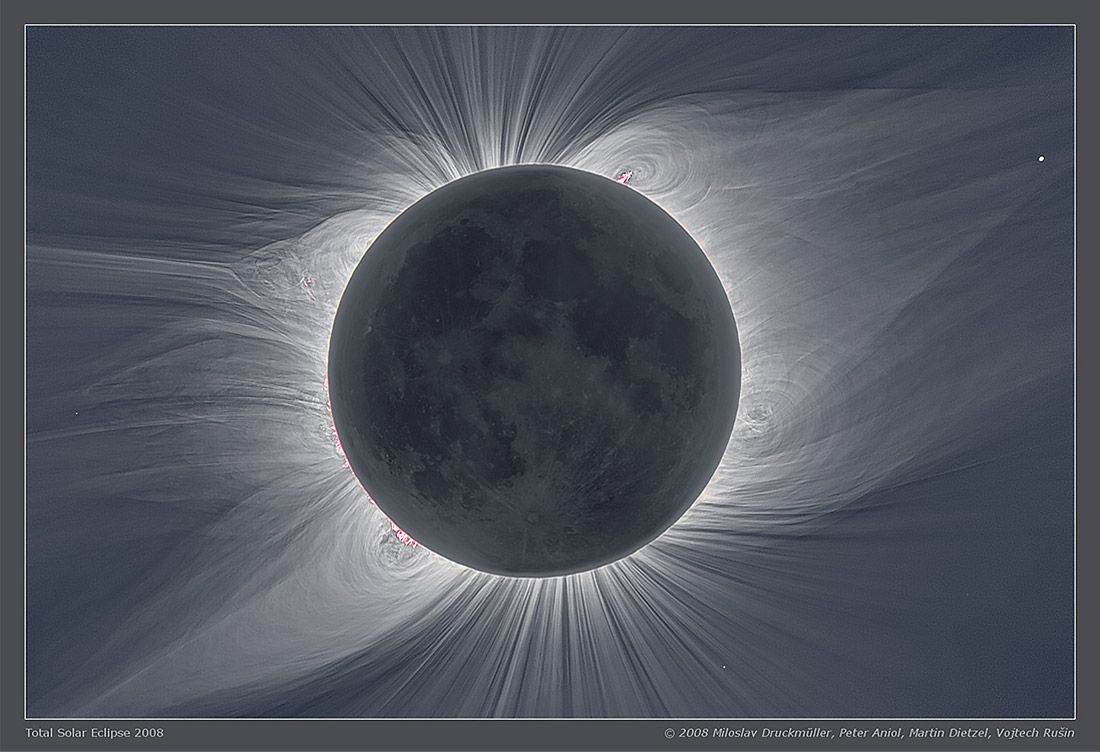The solar eclipse apocalypse has become a topic of fascination and fear among many, with various interpretations and predictions surrounding this celestial phenomenon. As the sun and moon align in a rare celestial event, the implications of a solar eclipse extend beyond mere astronomy into mythology, culture, and even apocalyptic rhetoric. In this article, we will delve deep into the concept of the solar eclipse apocalypse, unraveling its myths, exploring its scientific basis, and examining the societal reactions to such events.
Throughout history, solar eclipses have been interpreted in numerous ways, often associated with significant changes or catastrophic events. This article aims to provide a comprehensive understanding of what a solar eclipse truly signifies, separating fact from fiction and exploring the potential consequences that arise from such cosmic occurrences. By the end of this piece, readers will be equipped with knowledge that not only addresses the fears surrounding solar eclipses but also enlightens them about their astronomical significance.
Join us as we journey through the fascinating world of solar eclipses, uncovering the truths behind the apocalypse narratives and what they mean for humanity. Whether you are a skeptic or a believer, this exploration of the solar eclipse apocalypse will offer valuable insights that might just change your perspective.
Table of Contents
- 1. What is a Solar Eclipse?
- 2. Historical Context of Solar Eclipses
- 3. Myths and Legends Surrounding Solar Eclipses
- 4. The Science Behind Solar Eclipses
- 5. The Solar Eclipse Apocalypse: A Modern Interpretation
- 6. Societal Reactions to Solar Eclipses
- 7. Preparing for a Solar Eclipse: Safety Tips
- 8. Conclusion and Final Thoughts
1. What is a Solar Eclipse?
A solar eclipse occurs when the moon passes between the Earth and the sun, temporarily obscuring the sun's light. This celestial event can be total, partial, or annular, depending on the alignment of the three celestial bodies. Total solar eclipses, where the sun is completely covered, are particularly rare and awe-inspiring.
Types of Solar Eclipses
- Total Solar Eclipse: The moon completely covers the sun, allowing the sun's corona to be visible.
- Partial Solar Eclipse: Only a portion of the sun is obscured by the moon.
- Annular Solar Eclipse: The moon covers the sun's center, leaving a ring-like appearance.
2. Historical Context of Solar Eclipses
Throughout history, solar eclipses have been recorded by various civilizations. Ancient cultures often viewed them as omens, signaling divine displeasure or impending doom. The Babylonians, Greeks, and Chinese all documented solar eclipses, attributing various meanings and consequences to these events.
3. Myths and Legends Surrounding Solar Eclipses
Mythology plays a significant role in the interpretation of solar eclipses. Many cultures have their own myths explaining these celestial events. For instance, in some Native American traditions, a solar eclipse is seen as a time of renewal, while in others, it may be perceived as a time of chaos.
4. The Science Behind Solar Eclipses
From a scientific perspective, solar eclipses are predictable events that can be calculated with precision. The alignment of the sun, moon, and Earth creates a shadow on the Earth’s surface, leading to the eclipse. Understanding the science behind solar eclipses helps dispel myths and fears related to apocalyptic interpretations.
5. The Solar Eclipse Apocalypse: A Modern Interpretation
In modern times, the concept of a solar eclipse apocalypse has gained traction in popular culture and media. Various predictions have emerged, suggesting that solar eclipses herald the end of the world or catastrophic events. These interpretations often lack a scientific basis and stem from a mixture of superstition and sensationalism.
6. Societal Reactions to Solar Eclipses
Societal reactions to solar eclipses can vary significantly. While some people approach these events with excitement and curiosity, others may experience fear or anxiety. The impact of social media has amplified the discourse around solar eclipses, with various theories and predictions circulating widely.
7. Preparing for a Solar Eclipse: Safety Tips
For those interested in witnessing a solar eclipse, safety is paramount. Viewing the eclipse without proper eye protection can lead to serious eye damage. It is essential to use solar viewing glasses or other safe methods to observe the event.
8. Conclusion and Final Thoughts
In summary, the solar eclipse apocalypse is a fascinating topic that intertwines mythology, science, and societal reactions. While fears surrounding solar eclipses are rooted in ancient interpretations, a scientific understanding of these celestial events can help alleviate concerns. As we continue to explore the universe, embracing knowledge over superstition will empower us to appreciate the beauty of solar eclipses without fear.
We encourage readers to share their thoughts and experiences regarding solar eclipses in the comments below. Feel free to share this article with friends and family who may be curious about the solar eclipse apocalypse and its implications.
Thank you for joining us on this enlightening journey through the cosmic phenomena of solar eclipses. We hope you found this information valuable and look forward to seeing you again for more intriguing discussions!
Understanding Taxes In Scotland: A Comprehensive Guide
Liliana Orzac: The Inspiring Journey Of A Trailblazer
Mirror UK Royal: The Insightful Reflection Of The British Royal Family


